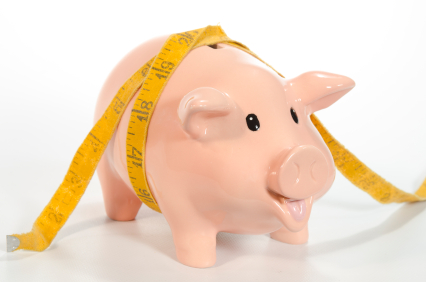Yesterday I shared a little $20 challenge that I’m giving myself this week – to give away $20. I shared the challenge on social media and got a load of great feedback from both people who are joining the challenge and people who’ve done similar things before.
One person (Joel Turner on G+) pointed me to a TED video that I’ve posted below. In the video Michael Norton shares some research that takes on the saying ‘Money Can’t Buy You Happiness’. It turns out that Money can in fact buy happiness – if you spend it on the right thing… others.
Check it out for yourself and join our $20 Challenge and come back and tell us what you find!












Recent Comments